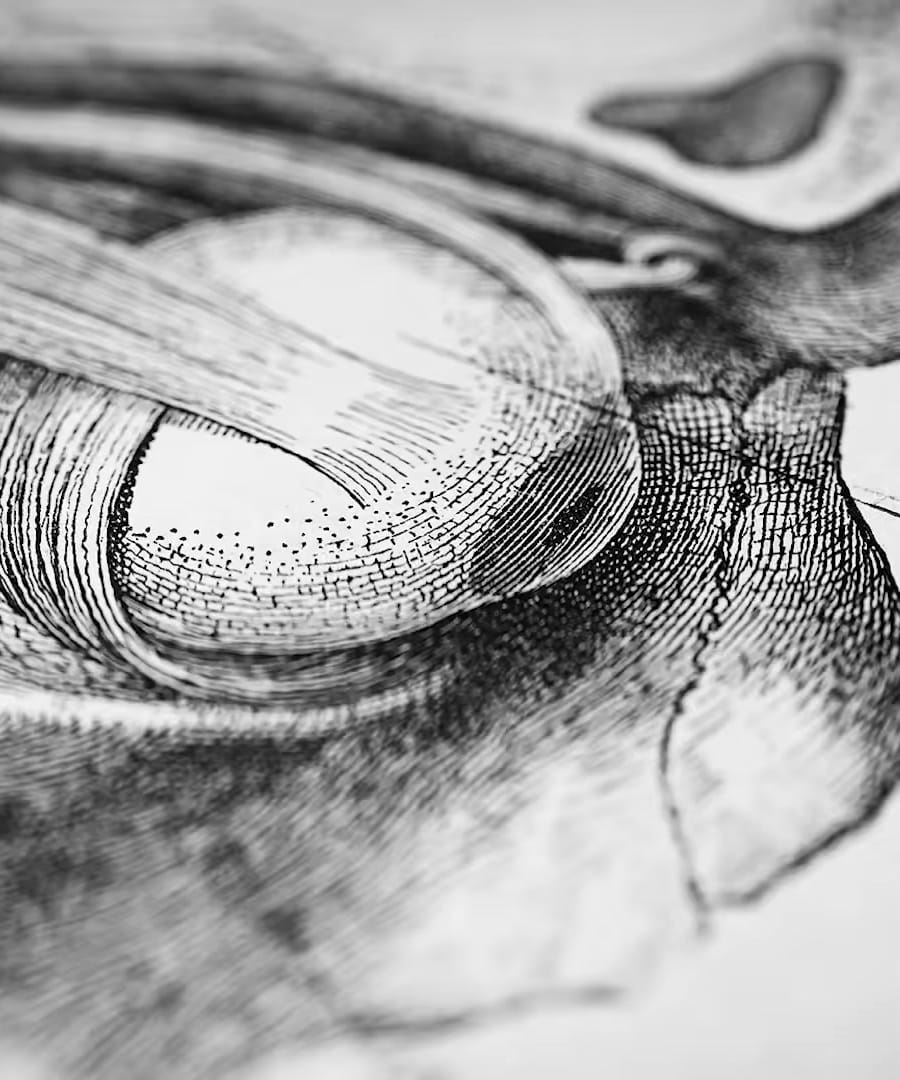Maximize productivity and focus as a student
Sources:
To maximize productivity and focus as a student, here are some strategies based on insights from :
-
Optimize Your Workspace: Arrange your physical environment to promote a heightened state of focus. Use bright lights (especially overhead) and position your screen at eye level or slightly above to maintain alertness. Stand for at least half of your workday and consider using 40Hz binaural beats to boost focus for specific tasks 1.
-
Beat Procrastination: Don't expect immediate focus upon starting work. It generally takes about six minutes to engage deeply. Consider using tools like the Freedom app to limit distractions and allow time for your neurochemical systems to engage 2.
-
Work in Ultradian Cycles: Work in 90-minute intervals with the understanding that focus will ebb and flow within that time frame. Use a timer to keep track and take deliberate decompression breaks afterward 3.
-
Avoid Extended Exposure to Certain Sounds: While sounds can help with focus, avoid long periods of white, pink, or brown noise, as it can be stressful and detrimental to productivity 1.
-
Follow the 45-5 Rule: For every 45 minutes of focused work, take at least five minutes to relax your eyes and gaze into the distance, promoting panoramic vision. This can alleviate eye fatigue and headaches 4.
-
Deliberate Defocus: After periods of intense focus, engage in menial tasks or activities that don't require much concentration to recharge. This practice helps maintain your ability to focus during subsequent work bouts 5.
Combine these practical workspace optimization solutions with other focus-enhancing methods like supplements or visual focus tasks for a comprehensive approach to maximizing productivity and focus as a student.
-
How to maximize productivity, focus, and thoroughly study as a third year medical student on rotations preparing for board exams
Sources:
As a third-year medical student on rotations and preparing for board exams, to maximize productivity and focus, consider these practices based on the knowledge from the :
-
Environment Optimization: Arrange your study space to enhance focus. Place your screen at eye level, use bright (preferably overhead) lighting during the day, and if studying at night, keep lights dim to minimize disruption of your circadian rhythm 1.
-
Circadian Rhythms in Attention: Pay attention to your natural attention rhythms throughout the day. Engage in high-focus activities when your concentration is at its peak, which often coincides with the morning hours for many individuals 2.
-
Focused Study Sessions: Implement 90-minute focused work sessions, allowing for peaks and valleys of concentration, recognizing that the entire duration won't be of uniform focus. Use a timer to maintain disciplined work bouts 3.
-
Regular Breaks: For every 45 minutes of intense study, take a 5-minute break to engage in panoramic vision. This can ease eye fatigue, prevent headaches, and help maintain alertness 4.
-
Healthy Habits: Ensure adequate sleep, early-day sunlight exposure, proper nutrition, and social connection as these impact your overall ability to focus and perform 2.
-
Limit Distractions: Utilize apps like Freedom to limit digital distractions, allowing your neurochemical systems to fully engage in the study material 3.
-
Nighttime Study Caution: If you must study at night, understand that bright light can shift your circadian clock. Limit bright light to the smallest amount necessary to accomplish your tasks to avoid major disruptions to your sleep cycle 5.
Integrate these practices with your clinical rotations and exam preparations for a comprehensive strategy. Yet, always remember to adapt these recommendations to your personal rhythms and study habits.
RELATED QUESTIONS-
Maximize productivity and focus as a student
How to maximize productivity, focus, and thoroughly study as a third year medical student on rotations preparing for board exams
- RELATED QUESTIONS







